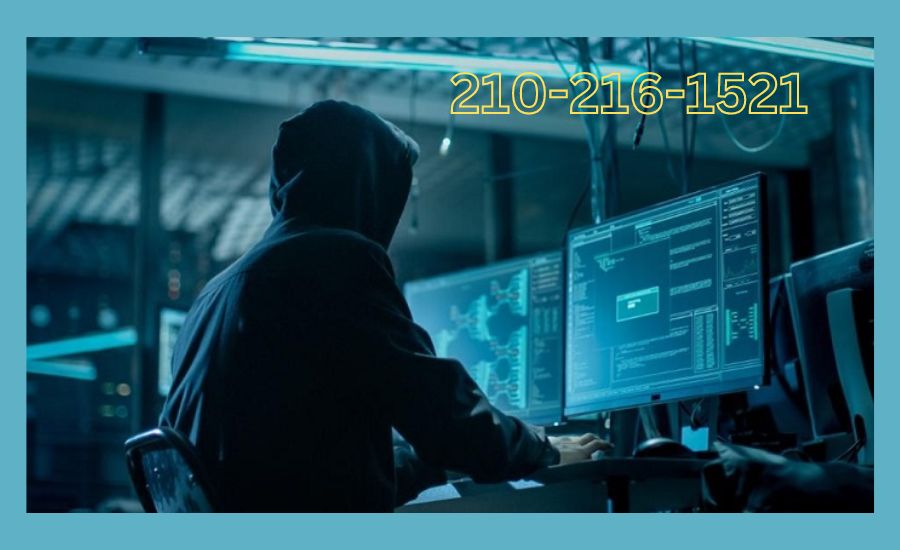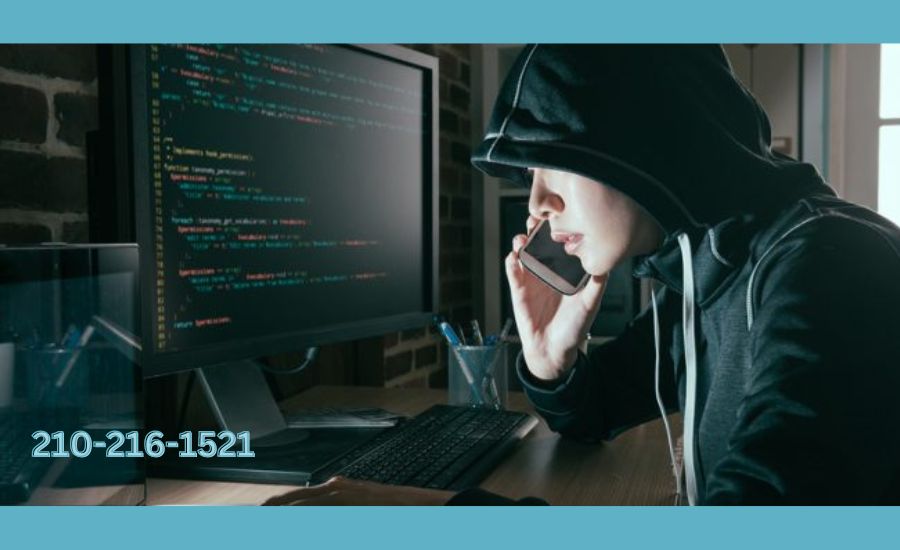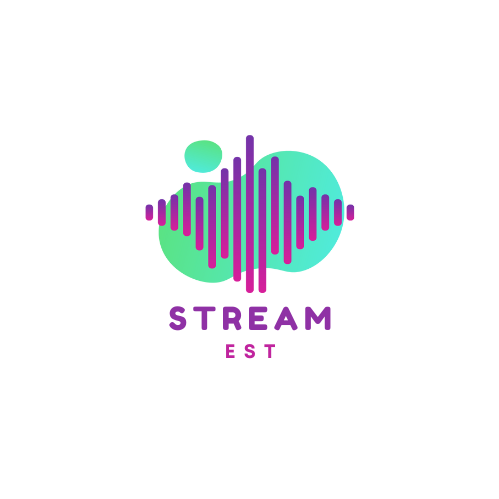Have you ever received a mysterious call from the number 210-216-1521? If so, you are not alone! Many people have reported similar experiences, raising an important question: Is this number trying to scam you? At Streamest, we believe staying informed about potential threats to your personal information is vital. This blog post will explore everything you need to know about the number 210-216-1521, including how it operates, signs of a scam, and practical strategies to protect yourself from unwanted calls.
Understanding the 210-216-1521 Phone Number
When you see the number 210-216-1521, it’s essential to understand what it represents. This number is associated with the 210 area code covering San Antonio, Texas. But just because it has a local area code doesn’t mean it’s safe. Many scammers use local numbers to make their calls seem more legitimate.
Why do Scammers use Local Numbers?
Scammers often use local numbers like 210-216-1521 to gain trust. You might be more likely to answer the call when you see a familiar area code. They want you to feel safe and comfortable, which makes you more vulnerable to their tricks.
For example, a scammer might call pretending to be from a local business, like a utility company, claiming an urgent issue with your account. They aim to pressure you into giving them your personal information or money.
Common Reasons for Receiving Calls from 210-216-1521
- Telemarketing Calls: Some calls may be from legitimate businesses trying to sell you products or services. While they can be annoying, these calls aren’t always scams.
- Robocalls: These are automated messages that might try to sell you something or ask for donations. Many robocalls are not scams, but some can be very deceptive.
- Fraudulent Activity: Unfortunately, this number has also been reported as related to scams. Scammers may pose as government agencies or financial institutions to trick you into giving them personal information.
How the Scam Works: Identifying the Red Flags
Scammers are becoming more sophisticated, so it’s essential to recognize the signs of a potential scam when you receive a call from 210-216-1521.
High-Pressure Tactics
One of the most common tactics used by scammers is high-pressure sales techniques. They might tell you you have an urgent issue with your bank account or owe the I.R.S. money. This sense of urgency can make you panic and make hasty decisions.
Requests for Personal Information
Be cautious if the caller asks for sensitive information such as your Social Security number, bank details, or credit card information. Legitimate companies will never ask for this information over the phone, and if someone does, it’s a major red flag.
Offers That Sound Too Good to Be True
Scammers also lure you in with offers that seem fantastic. For example, they might claim you’ve won a prize but must pay a fee to collect it. If it sounds too good to be true, it probably is!
What to Do If You Receive a Call from 210-216-1521

If you get a call from 210-216-1521 and feel suspicious, here are some steps you can take to protect yourself:
Let It Go to Voicemail
If you don’t recognize the number, let it go to voicemail. Most legitimate businesses will leave a detailed message explaining why they are calling. If there’s no message, it’s likely a scam.
Block the Number
If you keep receiving calls from this number, consider blocking it. Most smartphones allow you to block specific numbers, preventing them from contacting you again.
Report the Call
You can report suspicious calls to the Federal Trade Commission (F.T.C.) through their website. Reporting helps protect others from falling victim to similar scams.
Protecting Yourself from Future Scams
Prevention is always better than cure. Here are some effective strategies to safeguard your personal information:
Use Call-Blocking Apps
Several apps are available to help identify and block unwanted calls. Apps like Truecaller and Hiya can be very useful in protecting yourself from scams.
Register on the National Do Not Call List
In the U.S., you can add your phone number to the National Do Not Call Registry. This helps reduce the number of legitimate telemarketing calls you receive, although it won’t stop scammers.
Educate Your Friends and Family
Share your knowledge about common scams with friends and family. The more people are aware, the less likely they are to fall for scams.
Read About: 2045996875-stay-safe-from-scam-calls
Understanding Robocalls: The Why and How
One reason you might receive repeated calls from 210-216-1521 is the use of robocalls and auto-dialers. These systems automatically call many phone numbers at once.
Why Are Robocalls So Common?
Robocalls are popular because they allow businesses and scammers to reach many people quickly. While not all robocalls are scams, many fraudulent calls fall into this category.
How to Protect Yourself from Robocalls
To reduce the number of robocalls you receive, consider using call-blocking services or apps. Many phone carriers also offer tools to help filter out unwanted calls.
Common Scams Associated with 210-216-1521

Understanding the types of scams associated with 210-216-1521 can help you stay alert.
I.R.S. or Government Impersonation Scams
Scammers often impersonate government officials, claiming they owe money or are in legal trouble. They might threaten arrest if you don’t pay immediately.
Tech Support Scams
Callers claim to be from tech support in these scams and say your computer has a virus. They may ask you to download software that gives them access to your computer.
Prize or Lottery Scams
Some callers claim you’ve won a prize or lottery but must pay a fee to collect it. This is a clear sign of a scam if you didn’t enter a contest.
Reporting Scams Involving 210-216-1521
If you suspect you’ve been targeted by a scam involving 210-216-1521, here’s how to report it:
Report to the F.T.C.
The F.T.C. collects reports of fraudulent calls. You can file a complaint on their website, helping them track and shut down scammers.
Contact Your Phone Carrier
Many phone carriers offer features to report suspicious numbers directly. They can block the number from calling you again and help others avoid the same trap.
Share Your Experience Online
Join online forums and communities dedicated to reporting phone scams. Sharing your experience can help others stay informed and protect themselves.
Conclusion
The number 210-216-1521 could be a call from a legitimate business, but it might also be a scam. Always remain cautious when dealing with unknown numbers, and remember to use resources like online lookups and report suspicious calls to the proper authorities. Protecting your personal information and staying informed can reduce your risk of falling victim to scams.
In this digital age, it’s essential to be vigilant and aware of potential threats to your privacy. Educate yourself and others about common scams, and always trust your instincts when dealing with unsolicited calls.
F.A.Q.s
Q: What should I do if I keep receiving calls from 210-216-1521?
A: Let the calls go to voicemail, block the number, or report it to your phone carrier or the F.T.C.
Q: Can I block 210-216-1521 from calling me?
A: Yes, most modern smartphones allow you to block specific numbers.
Q: Is 210-216-1521 associated with any known scams?
A: While there’s no definitive evidence, many unknown numbers are linked to common scams.
Q: How do I report 210-216-1521 if I suspect it’s a scam?
A: You can report suspicious calls to the F.T.C. or your phone provider.
Q: Why do scammers use numbers like 210-216-1521?
A: Scammers often use local numbers to make their calls seem legitimate, a technique known as “spoofing.”people about the possibility of threats. This helps keep more people from falling victims to scams.
Read Next: Truth-about-2033222305






